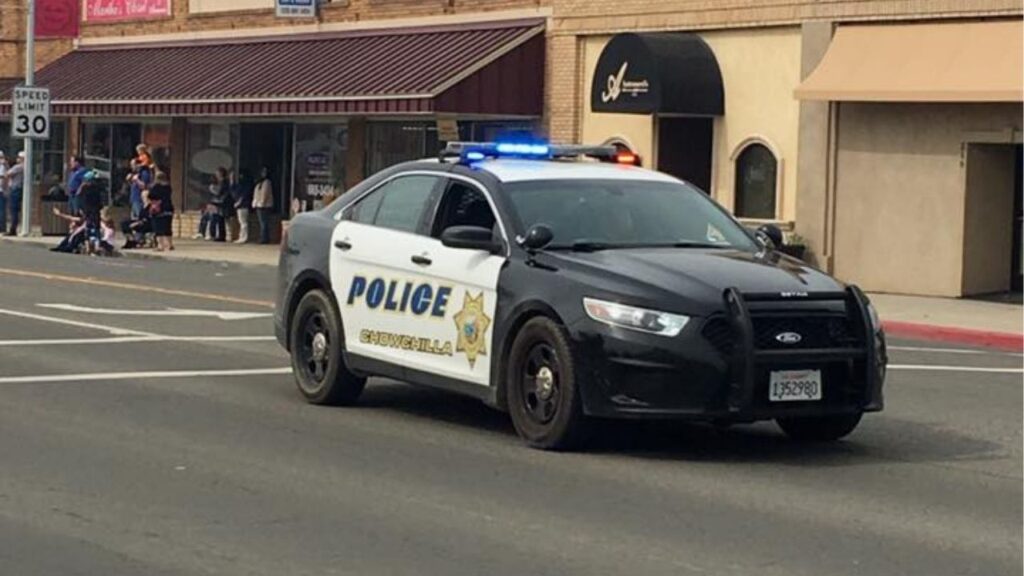Share
![]()
■This is Sunshine Week, focusing on the openness and transparency of government.
■Main Fresno City Hall meetings are open and easily accessible.
■The Fresno City Council continues to make decisions in secret.
When it comes to open meetings and public access, the city of Fresno is one of the better local government agencies.
Meetings for its most important bodies — namely the city council, and planning commission — have easy-to-find and read agendas, allow for public participation in-person or remotely, and broadcast meetings live and easily archived on YouTube.
Openness, however, does not always mean transparency. As reported several times this past year, the Fresno City Council likes to keep its secrets secret.
During this Sunshine Week, maybe the city council will get the message.
Sunshine Week is the annual event sponsored by several good government groups, First Amendment advocates, and journalism organizations. The goal is to “shine a light on the importance of public records and open government.”
Fresno Still Makes Secret Decisions
 The state’s open meeting law, the Brown Act, requires that most business be done in public and out in the open. There are some exceptions, which can be heard in closed session. Items such as personnel discussions, settling lawsuits, and certain land negotiations can take place in private.
The state’s open meeting law, the Brown Act, requires that most business be done in public and out in the open. There are some exceptions, which can be heard in closed session. Items such as personnel discussions, settling lawsuits, and certain land negotiations can take place in private.
However, once a decision is reached, it must be reported publicly. The Fresno City Council fails this requirement time and time again.
In the last year, the council voted in closed session to bail out the operator of Granite Park, paying $414,000 in delinquent PG&E bills. The city council used a technique that it thinks skirts the disclosure law — giving its legal team “direction” to make a deal or settlement. Since no vote was taken, no vote has to be revealed.
The council has used the tactic several times over the years to sidestep reporting lawsuit settlements. Settlements are a matter of public record — the city must reveal records of the documents and a vote count — when asked. However, instead of being open and transparent, the city forces the media and avid council watchers to know what to ask for and when.
Also, the city council tasked City Attorney Andrew Janz to write a letter to Attorney General Rob Bonta over concern about a measure placed on the ballot by the Fresno County Board of Supervisors. Measure A asked voters to establish that mid-year primary elections are when the district attorney and sheriff should be on the ballot. A state law moved those elections to presidential primary years.
It is questionable whether such an item should have been discussed in closed session in the first place. It is even more questionable for the council not to reveal its vote, or “direction.”
City Reverses Course on Secret Budget Decisions
Public pressure has forced the council to make budget decisions more transparent.
Several civic groups chastised councilmembers for making budget decisions in the dark through a three-member committee. City committees of less than a majority can meet outside the scrutiny of the open meetings law.
The pressure continued, with a lawsuit filed by the ACLU and First Amendment Coalition questioning the justification for keeping budget meetings secret. While the litigation is pending, City Council President Annalisa Perea recently said any budget negotiations and decisions will be made in public.

Obscure Meetings Hard to Find
Several committees and commissions help the city conduct business. The planning commission is composed of the mayor’s appointed representatives to decide land use issues. Its decisions also go to the city council.
The city council also establishes several advisory committees. Two recently met on the same day, at the same time in City Hall with different results.
The women’s commission and the immigrant affairs commission met at noon on Feb. 29. Both bodies are subject to the Brown Act, and the meetings were open to the public.
Both bodies are somewhat obscure. They do not receive much media scrutiny or attention from the public.
Both had signs on the second floor pointing out which room each meeting was taking place. However, only one had its agenda posted online on a page with other city agendas. Only one — the women’s commission — was staffed gavel-to-gavel by the city clerk’s office.
Unless you knew from other sources about the immigrant affairs meeting, the odds of learning about it were off the chart. Based on the fact that this reporter was the only public member to attend, no one else apparently knew — at a time when immigration issues are front-page news.
The lack of city staff support rankled immigrant affairs chair Linda Barreto so much that she quit on the spot.
Technically — and I checked with David Loy of the First Amendment Coalition — not all city committee meeting agendas have to be posted online. A physical copy does have to be posted somewhere around City Hall.
The women’s commission meeting agendas are posted online, on the same section of the website as the city council, planning commission, and other major meetings. The immigration affairs agenda was posted on the clerk’s notices and publications sections of the website — mixed in with land-use notices.
If politicians care enough about an issue to appoint a commission, they ought to care enough to make it easy for taxpayers to know when and where it’s meeting.
Bottom line: The shades at City Hall remain partially drawn. Sunshine Week would be a good time to let the light in.
As the late U.S. Supreme Court Justice Louis Brandeis once observed, “Sunlight is said to be the best of disinfectants.”
RELATED TOPICS:
Categories

Pentagon to Send 200 Troops to Nigeria

FDA Refuses to Review Moderna Flu Vaccine

















